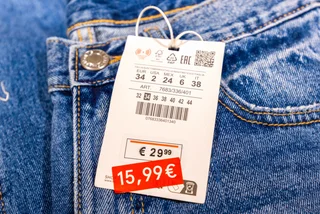They form an extremely select club. Three of them, Petr Kellner and Zdeněk Bakala, and Slovak-born Andrej Babiš, represent the Czech Republic in the Forbes List of World Billionaires. As at March 2011, the businessmen – all of them self-made millionaires – are ranked 97th, 595th and 1057th, respectively, in the ladder, making them the Czech Republic’s richest citizens.
The wider membership of the club includes Pavel Tykač, who has made his money in finance and mining, Marek Dospiva, who has gained millions in investing, and oil magnate Karel Komárek.
The Czech “super rich” club members are also some of the country’s most controversial citizens. They may be admired, but many of their countrymen believe that rich Czechs are rich only because they acquired their wealth in rather questionable circumstances.
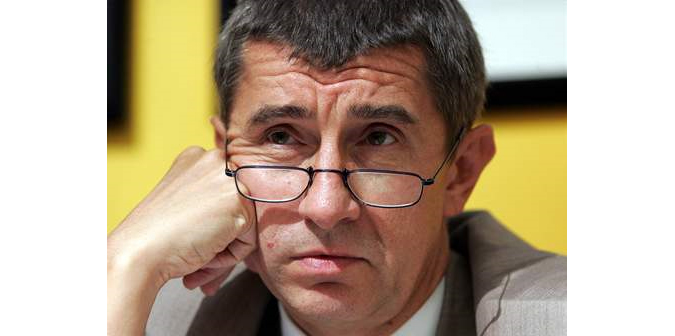
Andrej Babiš
This article looks at two of the richest Czechs, Petr Kellner and Zdeněk Bakala (whose net worth is estimated by Forbes (2011) at USD 9.2 billion and USD 2 billion, respectively), and how they reached the top.
Petr Kellner – at the right place at the right time
At the peak of the Czech wealth pyramid is Petr Kellner (47), the wealthiest Czech citizen. But there were few signs at the beginning that Kellner would become the billionaire he is today. He was born in the small, unassuming provincial town of Česká Lípa in north Bohemia and studied in Liberec, at a high school specialising in economics. After leaving high school he moved to the capital, where he gained a master’s degree in industrial economics from the University of Economics in 1987.
Kellner’s path to extreme wealth, like that of other billionaires in the Czech Republic, inevitably began in the early post-Communist period, when the then Czechoslovak government started privatizing state-owned companies, and Kellner took advantage of the highly fluid situation in the early 1990s to some conclude some clever business deals.
In 1991, together with his business partners, Kellner established an investment fund with a USD 1 million loan he received. It was named Správa prvního privatizačního fondu and later became PPF. The company was very successful and later purchased a 20% stake in Česká pojíšt’ovna (ČP), the largest Czech insurance company. Through joining with IPB Bank, which owned 30% of the insurance company, Kellner took control of ČP, which would become a key income source for PPF.
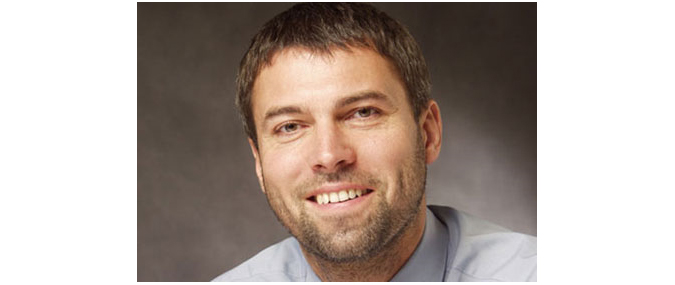
Petr Kellner
Kellner remains involved in a diverse range of business ventures, and PPF remains a key player on the Czech acquisition scene, with shares in more than 200 corporations. PPF projects include the establishment of consumer finance firm Home Credit 1997. In 2007, PPF embarked on a joint venture between Česká pojíšt’ovna and the Italian-based insurance firm Assicurazioni Generali, creating Central Europe’s largest insurance company, which is 49% owned by PPF.
These business activities have helped Kellner get where he is today, but he has not stopped there. The Czech Republic is a small pond for a very big fish like Kellner, and he has already established interests in Eastern Europe and beyond, including China, Russia, and Vietnam.
Kellner has astutely identified the need for credit in emerging countries such as China, thanks the rapidly-growing middle class and its insatiable growth in demand for credit. He seems to have a knack for identifying where the money is, and when discussing launch of Home Credit in China, he described credit as “a principle that works in every country. Everyone wants to buy a television or a fridge on credit”, in an article in the Financial Times.
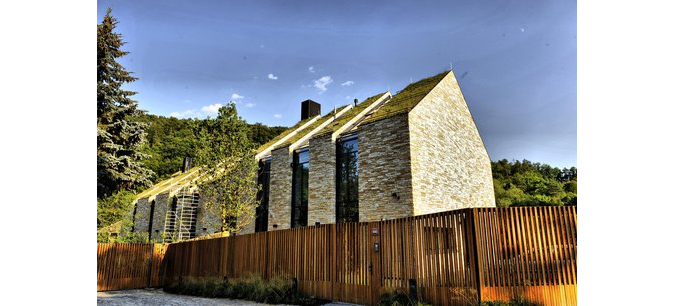
Kellner’s house in Podkozí
Yet while his name pops up constantly in the Czech media, often in connection with stories about ownership and acquisitions, many Czechs would have difficulty identifying if they saw him in the street: he does not do publicity. He is secretive and keeps a low profile, dividing his time between his various properties in Prague and elsewhere in the Czech Republic, and the Caribbean, Catalonia, and the Alps.
Kellner is married with four children.
Zdeněk Bakala – a rags to riches story
In contrast to Petr Kellner, the story of Zdeněk Bakala (61) is the classic rags-to riches story, with the contrast between Communist Czechoslovakia and capitalist America proving crucial to the narrative.
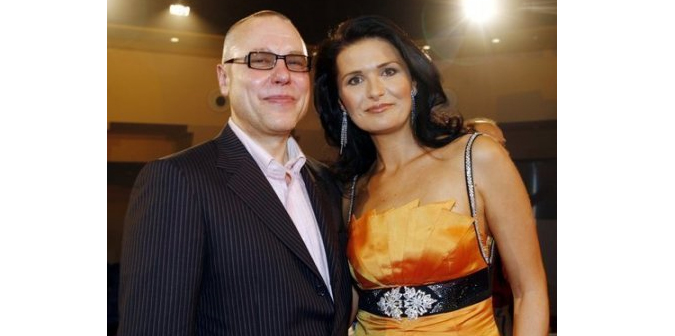
Bakala with his wife, ex-Miss Czech Republic, Michaela Maláčová
At the age of 19, Bakala decided that Czechoslovakia had little to offer, and he managed to flee the country, later ending up in the United States, where he started off at the bottom. He did menial tasks such as dishwashing before gaining a business education at the University of California and the Tuck School of Business, Dartmouth College. He attributes his success to his American education. “Everything I’ve been able to achieve is due to my American education, and especially Tuck,” he claimed in an interview.
Bakala never expected to return to Czechoslovakia, but the aftermath of the Velvet Revolution put him in an ideal position to use the business expertise he built up in America. He participated in, for example, the sell-off of Skoda to Volkswagen, and was also involved in “every significant transaction at that time.” Zdeněk Bakala also spent some time as head of the Czech and Slovak branches of Credit Suisse First Boston in the early 1990s.
He later established private banking and brokerage firm Patria Finance and then turned his attention to the coal business, buying out Czech coal mining conglomerates. He has other business interests in the Czech Republic and elsewhere, and is currently looking to buy Polish firm JSW and mines in Ukraine.
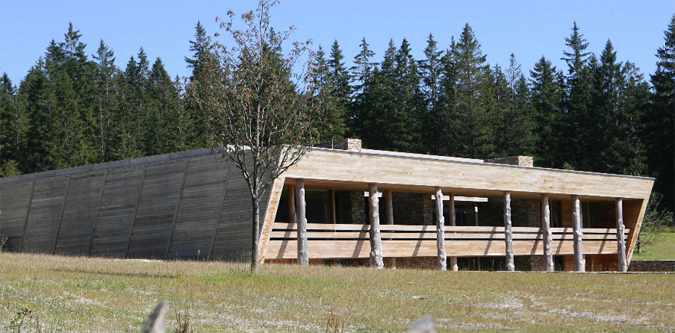
Bakala’s house in Modrava, South Bohemia
Bakala has also dabbled in politics, donating a large amount to three center-right parties in the Czech elections of May 2010. Today he claims he is scaling down his work so he can spend more time with his family. He is married and has four children.
Controversy
Although the Czech millionaires are self-made and are held up by many as an example of business success, the business world in which they operate is frequently controversial. For example, recently the bankrupt lottery giant Sazka was sold to PPF and investment group KKCG, owned by Czech millionaire Karel Komárek, in a tender that some creditors claimed was plainly illegal. And In 2009, PPF was involved in in a case where energy giant ČEZ, was investigated by Czech and EU officials after it was accused of trying to stitch up its rivals and increase prices.
Lingering suspicions about the wealthy remain; their source can be traced to the coupon privatization process of the early 1990s. Under this scheme, state assets were to be handed over to Czech citizens by means a system of vouchers, which could then be used to purchase shares in companies. It didn’t quite work out that way; perhaps the notorious example of what could go wrong was the case of Viktor Kožený, the “Pirate of Prague” as the media dubbed him, who bought up millions of crowns in shares in the former Czechoslovakia’s “voucher privatization” scheme from people unfamiliar with the concept. He promised them huge returns for a small investment, bought shares in companies, asset stripped them, and then siphoned off funds from the companies. He soon vanished, and fled to the Bahamas, where he remains today, despite attempts to bring him to justice.
Related articles











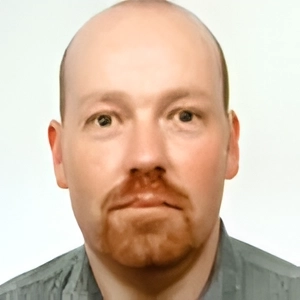
 Reading time: 6 minutes
Reading time: 6 minutes 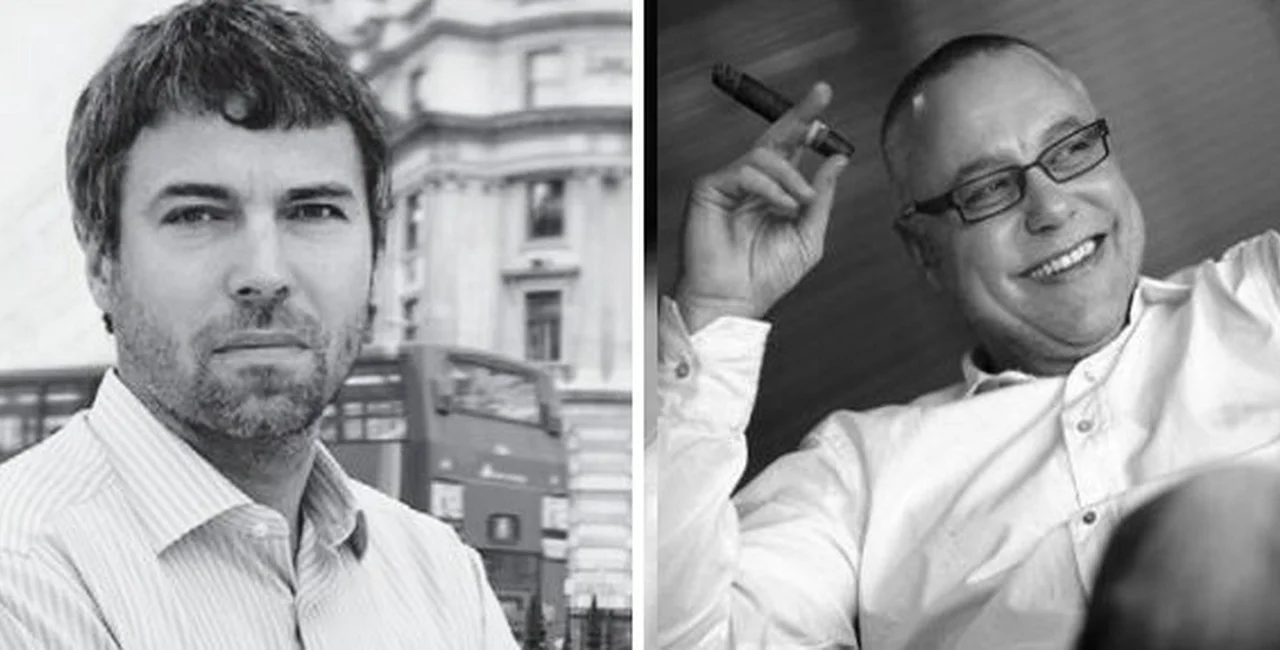





 English
(Proficient)
English
(Proficient)














